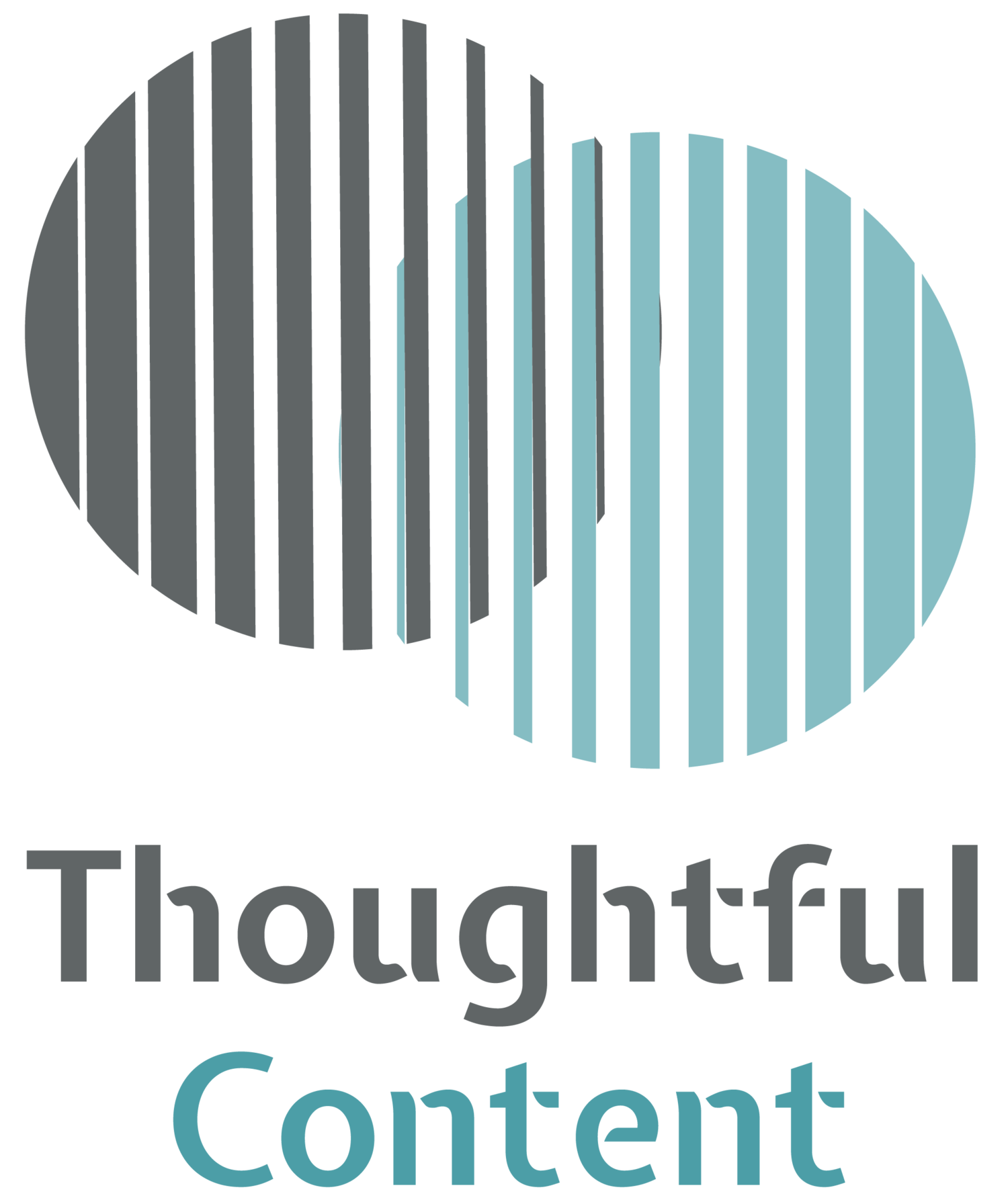Guest blog: The future of digital mental health is now
Written by Dr Ashwin Sharma
We live in a very exciting period of digital mental health development. The power of technology is enabling us to deal with the mental health crisis currently gripping the nation.
In this article, I've outlined two areas in digital mental health that are seeing exciting growth and have the potential to impact healthcare enormously.
I also offer some practical advice on some of my favourite courses and books I've learnt from to enhance my understanding of AI.
The rise of mental health chatbots
Mental health chatbots may sound like a creation from a dystopian novel, but recent developments have accelerated their power. Chatbots are beginning to play a significant role in reducing waiting times for patients with depression and anxiety to access treatment.
Powered by natural language processing and machine learning, commonly referred to as AI, chatbots can provide a form of cognitive behavioural therapy online. This is an evidenced-based treatment offered to patients with mood disorders. The chatbots can also signpost and flag users to appropriate services in case of a crisis.
The need for cutting-edge technologies has risen because of the surging mental health waiting lists. It's estimated that over 50% of people referred to Improved access for psychological therapies (IAPT) wait over 23 weeks for treatment to begin. As a result, over 100,000 patients drop out of treatment each year and many turn to A&E out of desperation.
While chatbots are not a silver bullet to ending the mental health crisis, they can at least offer 24/7 assistance to patients and provide treatment at times most convenient to them. The technology may also be less stigmatizing to those from communities who may want to try therapy but are hesitant.
AI chatbots have been deployed across several NHS trusts, and studies are ongoing to show their effectiveness. It's important to remember that these technologies will aid in treatment and will not replace human therapists. They should be seen for what they are, which is a valuable adjunct to existing evidence-based therapies.
Prevention is greater than cure
Another exciting development in the digital mental health space is detecting severe mental illness through patient speech. Understanding and picking up subtle differences in how a patient talks, artificial intelligence or AI has the potential to be able detect those who may be at high risk of severe mental illness, including psychosis and bipolar disorder.
The early detection of risk status for these patients would be enormously beneficial to health services, as they can begin to prevent disease rather than trying to treat it.
As the saying goes, an ounce of prevention is worth a pound of cure. And artificial intelligence is on the cusp of shifting the healthcare model from sick care to preventative care.
Practical advice for you
In the future, it will be essential for healthcare practitioners, health communicators and researchers to understand what AI is and how it can help with their current workflows. Here’s a brief list of my favourite books and courses that I've used to enhance my understanding of AI and stay ahead of the curve.
The Alignment Problem by Brian Christian
**AI for Healthcare: Equipping the Workforce for Digital Transformation**
**Deep Medicine: How Artificial Intelligence can make healthcare human again by Erik Topol**
Follow Ashwin on LinkedIn to find out more about his work in digital health.

